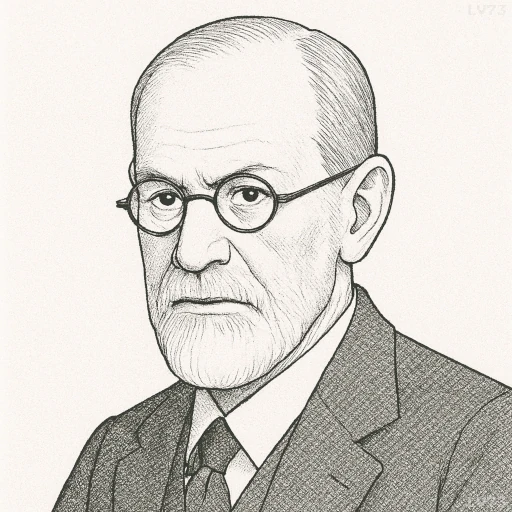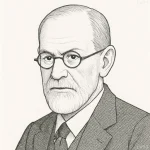“The psychical, whatever its nature may be, is itself unconscious.”

- May 6, 1856 – September 23, 1939
- Austrian
- Neurologist, Founder of Psychoanalysis
table of contents
Quote
“The psychical, whatever its nature may be, is itself unconscious.”
Explanation
In this foundational statement, Freud asserts that the true workings of the mind—the “psychical”—are rooted in the unconscious, regardless of what form they may take. He emphasizes that our mental life is not primarily governed by conscious awareness, but by processes hidden from immediate introspection. This challenges the common assumption that what we think, feel, and perceive consciously represents the whole of our psychological experience. For Freud, the essence of the mind lies beneath the surface.
This idea is central to Freud’s entire psychoanalytic theory. He argued that much of human behavior is determined by repressed desires, unresolved conflicts, and unconscious motivations. The conscious mind, or ego, is only the tip of the iceberg; beneath it lies the vast realm of the unconscious, where the true drivers of thought and action reside. By stating that “the psychical is itself unconscious,” Freud highlights the need for analytical methods to interpret dreams, slips, symptoms, and associations to access the deeper truth of the psyche.
Modern psychology and neuroscience have, in various ways, affirmed this insight. The concept of implicit memory, automatic behavior, and cognitive biases all point to the fact that much mental activity occurs outside of awareness. Freud’s statement remains profound in its implications: that to understand ourselves, we must look beyond what is immediately visible or consciously known, and engage with the hidden, unconscious forces that shape our inner and outer lives.
Would you like to share your impressions or related stories about this quote in the comments section?

